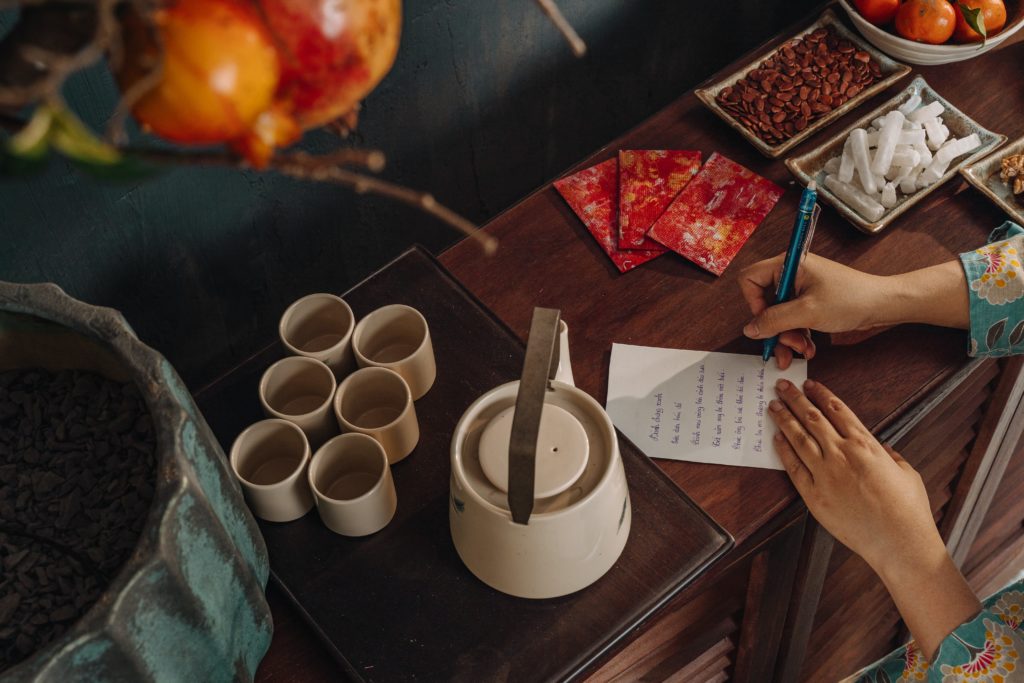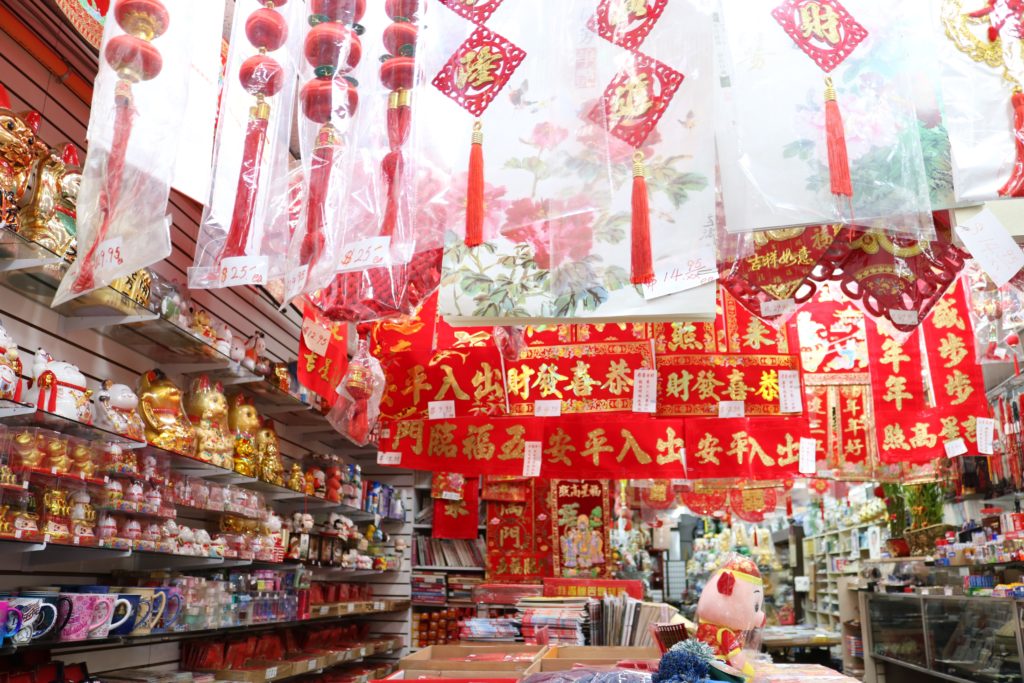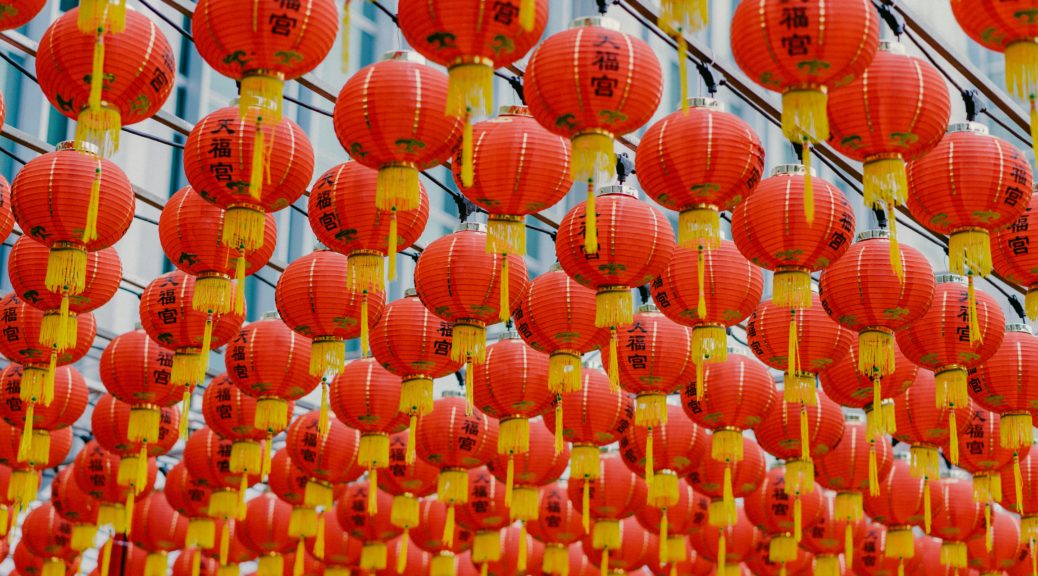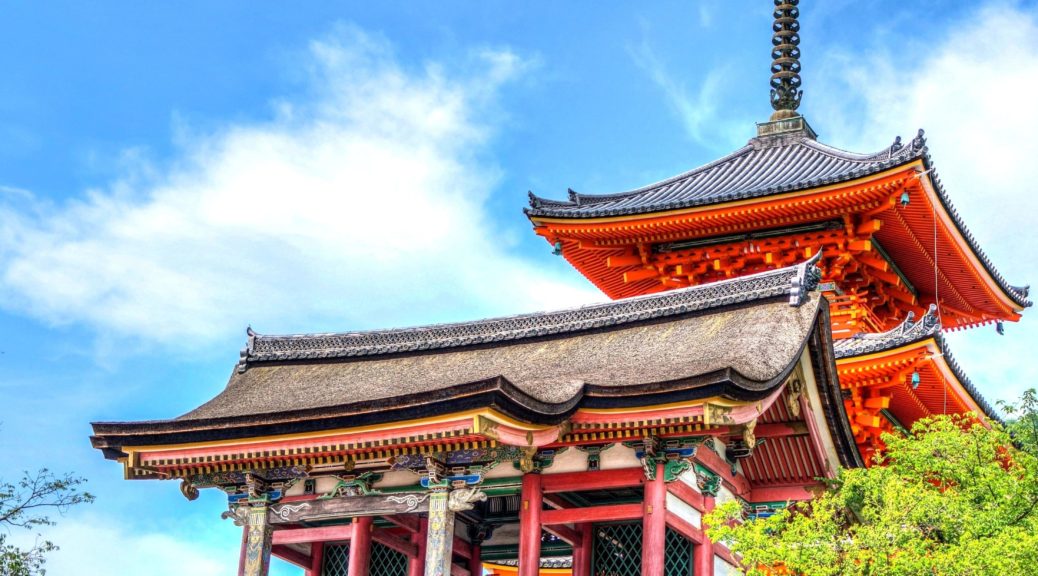By Hannah Teoh
Edited by Natalie Grace Sipula
[3.5 minute read]
Recently, the Lunar New Year passed and celebrations were happening everywhere. If you aren’t familiar with the holiday, the Lunar New Year is celebrated every year to mark the beginning of the Lunar calendar. It originates from China and is celebrated widely by Asian diasporas all around the world. As an ethnic Chinese person from Malaysia, Lunar New Year has always been an important event to my family. On the eve of Lunar New Year, everyone gathers at the ancestral home to have a big traditional feast, followed by a grand ritual at midnight to commemorate the new year. The festivities typically last for a week. We usually clear our schedules for the week for visiting relatives and for going to temples to pray for the upcoming year. The Lunar New Year was always my favorite time of the year, purely because it is a time of unity, reflection, connection, and remembrance.
The Lunar New Year has looked very different the past few years. For me, the Lunar New Year lost its usual vibrant vitality and character during the pandemic, as lockdowns and social gathering restrictions discouraged visits to temples and seeing relatives and friends— but with good reason, I must add. Many of my relatives are quite a bit older and were part of the population that was highly vulnerable to the air-borne infection. We also did not have a vaccine roll-out at that time, so it was a more precarious situation to navigate. While I understood why such restrictions were put in place, it also made our Lunar New Year celebrations humbler. Streets were quiet when they normally would have abounded with cars and people on their way to different celebrations. The night sky remained calm when it would have been painted in splatters of fireworks.

2020 was the last year I had a Lunar New Year celebration with my family back home in Malaysia. I left for the U.S. the following year in 2021, right before the New Year. I stayed with my sister in Boston and we had a small Lunar New Year’s eve dinner with Korean take-out food. We called our parents and our grandmother to give well wishes, and they in turn gave us virtual red packets (packets of money traditionally given out by elders during Lunar New Year). A grand celebration that usually takes place over the course of a week was relegated to a modest dinner.
For the first time, I spent the Lunar New Year alone this year. Between finishing schoolwork, attending class, and going to work, I never really prioritized celebrating the holiday. Plans to have a dinner for Lunar New Year were mentioned in passing but never brought up again as people got busy (myself included). The dumplings that I usually make were stored for an extra day because it was time-consuming to make them. I called my parents late, with the 15-hour time difference throwing off my frame of time. My Lunar New Year celebration started and ended with a bowl of glutinous rice sesame balls in Alhambra.





